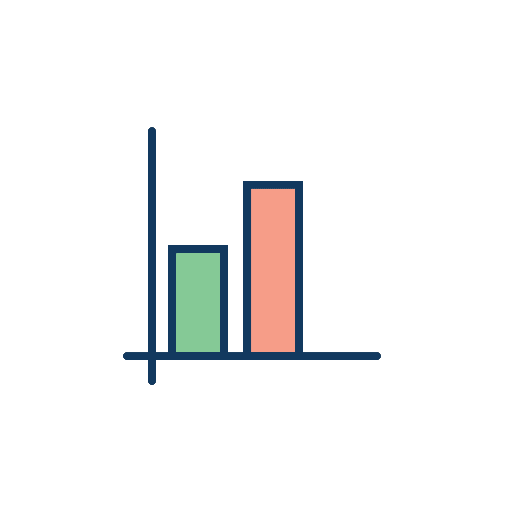DAMPAK LOCUS OF CONTROL PADA PENGARUH MORALITAS INDIVIDU DAN PENGENDALIAN INTERNAL TERHADAP KECENDERUNGAN KECURANGAN AKUNTANSI
Abstract
Accounting fraud causes the data and information presented in an accounting report to be non-objective and
can mislead the users of the report when evaluating job performance and making decisions. According to the
Fraud Triangle theory, there are three factors which contribute accounting fraud: pressure, opportunity, and
rationalization. This study was purposed to analyze the effects of individual morality and internal controls on a
tendency toward accounting fraud by using locus of control as a moderating variable. This explanatory study
involved accounting managers working at manufacturing companies in an industrial estate, PT Surabaya
Industrial Estate Rungkut (SIER), totaling 56 people as the samples. Printed questionnaires were used to collect
the primary data obtained from the result of survey. Moreover, the data were analyzed by using Structural
Equation Modeling (SEM) with alternative method, namely Partial Least Squares (PLS) using Smart PLS 2.0.
The results of this study showed that individual morality did not affect a tendency toward accounting fraud,
internal controls brought negative effects on a tendency toward accounting fraud, internal locus of control did
not moderate the effects of individual morality on a tendency toward accounting fraud, external locus of control
moderated the effects of internal controls on a tendency toward accounting fraud. For further studies,
researchers are suggested to contact the respondents periodically so that the number of questionnaires will be
back 100%.
Key words: individual morality, internal controls, accounting fraud, locus of control



